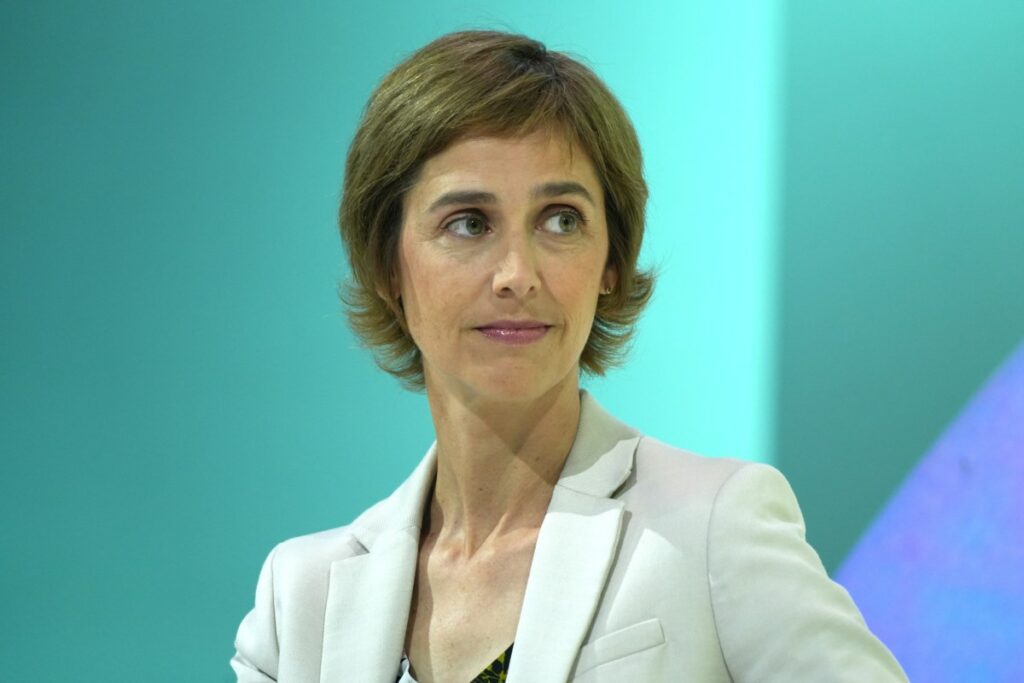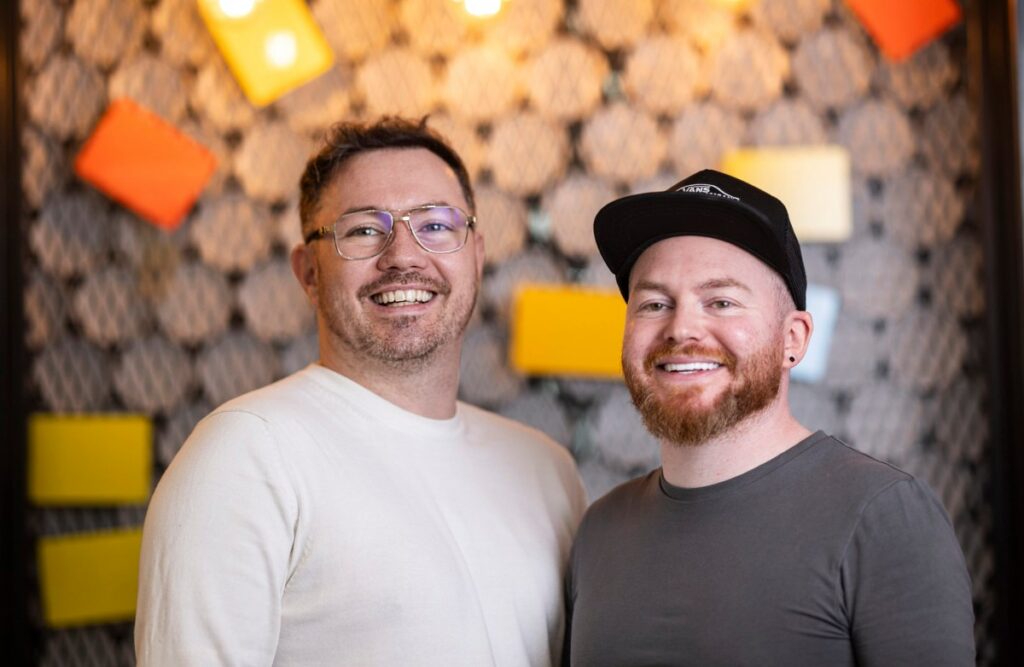Investors once saw Canadian AI startup Cohere as a promising contender to challenge OpenAI and Anthropic in the race to build frontier AI models, with its backers pouring roughly $1 billion on their bet on CEO Aidan Gomez, who co-authored a seminal paper on LLMs when he was a 20-year-old Google intern.
But Cohere’s AI models have fallen behind the state-of-the-art, and its business hasn’t scaled like its competitors.
Now, the company is bringing in a veteran research leader to revamp its AI efforts: Cohere has hired Joelle Pineau, Meta’s former VP of AI research who previously oversaw the tech giant’s fundamental AI research (FAIR) lab. In her newly created Chief AI Officer role, Pineau will oversee AI strategy across Cohere’s research, product and policy teams.
A Canadian AI scientist and McGill Professor, Pineau helped guide the early development of Meta’s open Llama AI models alongside Yann LeCun, a pioneer of neural networks. Pineau left Meta in May after nearly eight years with the company.
For Cohere this is a big hire, and it is pinning its hopes on the veteran helping it with more research breakthroughs, improving its research and product pipeline, and recruiting top talent.
The hire comes at a pivotal moment for Cohere: The company is reportedly seeking to raise up to $500 million at a $6.3 billion valuation — an impressive sum were the startup not competing with the likes of OpenAI, Google, Meta and Anthropic, whose war chests are worth dozens of billions each.
But while its rivals are trying to develop AI systems that can match (or exceed) human performance on a wide variety of tasks, Cohere has a narrower focus. The startup primarily builds AI applications that can solve practical problems for enterprises and government agencies, emphasizing privacy and security.
Techcrunch event
San Francisco
|
October 27-29, 2025
In an interview with TechCrunch, Pineau said Cohere’s focus on real-world, enterprise applications is something she’s excited about. “A lot of players out there are quite singularly focused on AGI, superintelligence, and so on,” said Pineau, alluding to companies like her former employer, Meta, which recently invested billions in its new Meta Superintelligence Labs (MSL) unit. “They haven’t necessarily figured out what this AI is going to be used for.”
She pointed to OpenAI’s launch of GPT-5 last week, which many felt was underwhelming, as evidence the timeline to achieving AGI may be “a little bit longer than we thought.” In the meantime, Pineau says there’s a lot of room for more practical AI models to deliver leaps in productivity in different industries.
A Canada native, Pineau said she’s had her eye on Cohere since they were founded in 2019, and that she’s excited to contribute to a company whose founders are based in her home country.

Beyond the patriotism, Pineau feels the opportunity with Cohere is a good chance to venture beyond research. At FAIR, Pineau oversaw research teams working on projects that could take anywhere from 18 months to 10 years to deliver. Now, she’ll be working within a much tighter timeline, as well as getting involved with customers and products. And even though Cohere has fewer resources than Meta, Pineau said she’ll be more agile in her new role.
Cohere’s latest product is an AI agent platform dubbed North that enterprises and government agencies can deploy privately on their own infrastructure, an attractive notion for many of its customers, which are banks and federal organizations that handle highly sensitive data. That puts Cohere in competition with open-source providers like DeepSeek and Meta, whose models can also be run locally, but at a lower cost. Cohere is betting that by offering more support around its private deployments, it can beat out open models.
Pineau said she’s particularly interested in gearing more of Cohere’s research around North, figuring out ways to develop AI agents in private and secure settings, and creating benchmarks to evaluate these systems. Pineau also said she’s interested in exploring how networks of AI agents interact with each other in the real world.
One immediate challenge for Pineau will be replacing Cohere’s VP of AI Research, Sara Hooker, who announced her departure this week after several years of helping build the company’s research program. Hiring an AI researcher of Hooker’s caliber may be difficult in the current market given the skyrocketing demand for AI talent.
But Pineau sees this as an opportunity to “bring in a lot of talent,” noting that when she left Meta, several of her former colleagues suggested they’d follow her to a new AI lab. However, she emphasized that Cohere has a solid base of AI researchers, and that it’s important to not just bring in anyone.
“Hiring a bunch of superstars doesn’t necessarily make a superstar team,” said Pineau. “It’s really about how the people work together.”
Of course, Meta’s AI units today look very different compared with when Pineau was there just a few months ago. Over the summer, Mark Zuckerberg went on a recruiting spree, reportedly offering some of the industry’s best AI researchers compensation packages north of $100 million to join MSL. That prompted OpenAI to also raise compensation for its star employees, thus making it quite difficult for smaller players to land top AI researchers.
As Meta, OpenAI and Anthropic throw billions of dollars at their AI efforts, Cohere is trying to do more with less. For Pineau, that will mean making calculated research bets — the kind that can quickly turn into compelling products and keep the company in the race.


